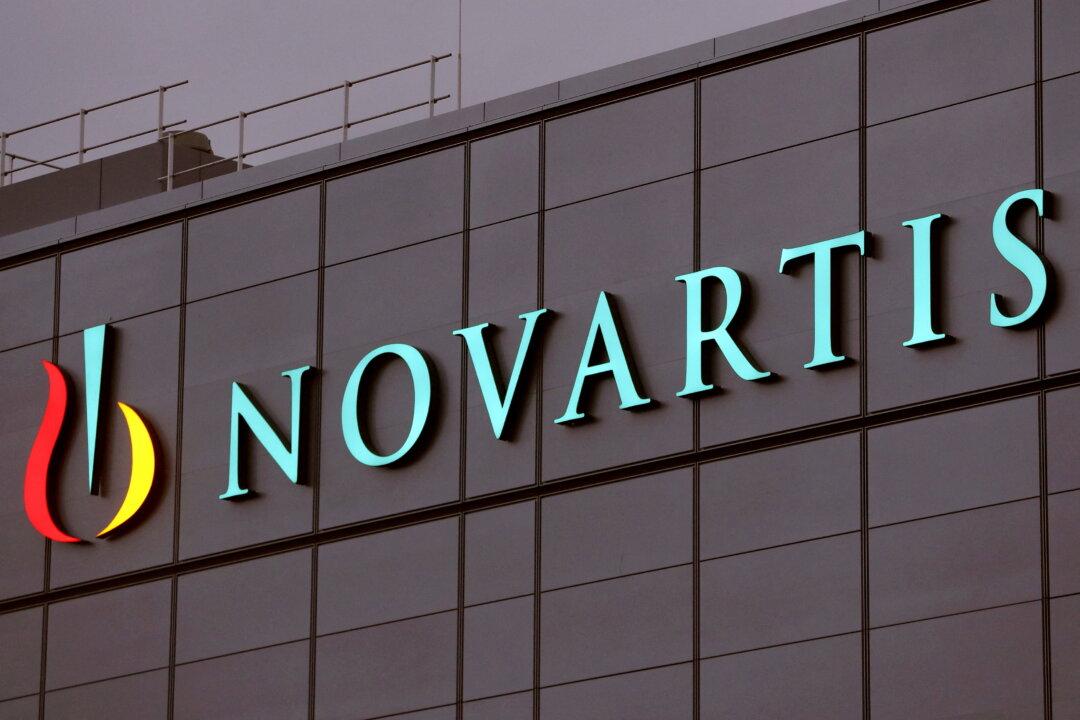A U.S. appeals court overruled its prior decision, deciding that the patent for Novartis AG’s blockbuster drug Gilenya was invalid.
The decision dealt a blow against the Swiss pharmaceutical company as it potentially paves the way for the introduction of cheaper generic versions of the drug. Though the drug made $2.8 billion in 2021 globally, this was already a drop in revenue compared with previous sales due to increased competition, the company reported.





